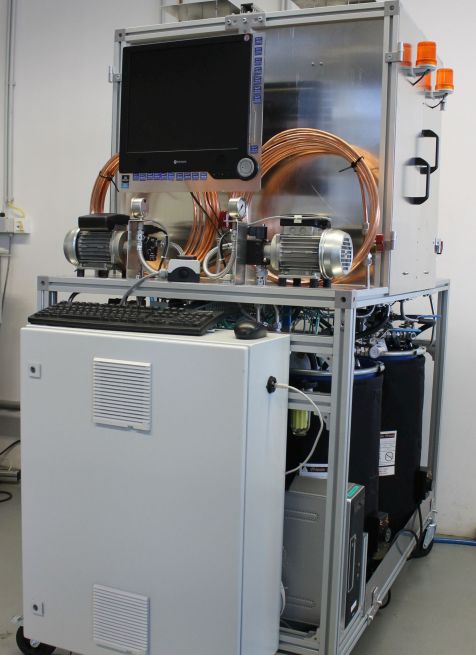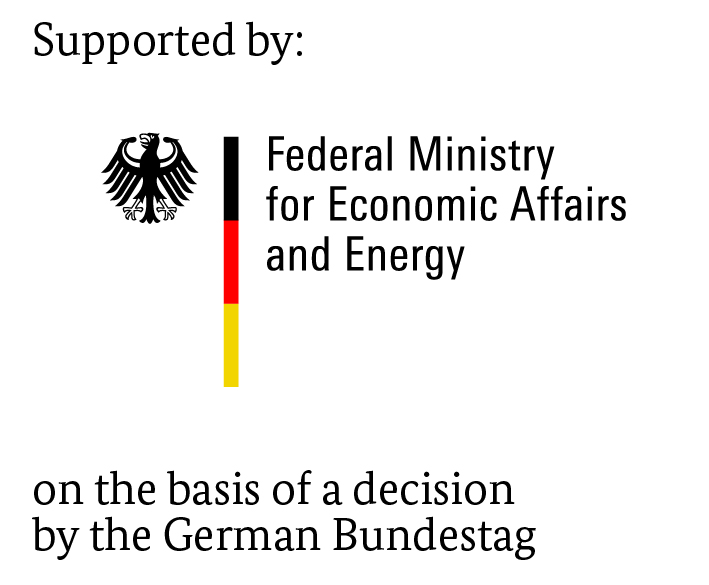Increasing operational reliability of oil heaters

A hardware-in-the-loop test rig at OWI serves as the basis for the development of a new test rig for the no-harm test of additives in heating oil. Photo: OWI
02 July 2019 – The development of an application technological no harm test for additives in heating oil is the subject of a new research project of the OWI Oel-Waerme-Institut gGmbH. The admixture of additives aims to further improve the properties of heating oil. However, the additives themselves must also be safe and must not cause any undesirable side effects in the fuel or interactions between the fuel and the technical components. With the aimed simple, standardized, economical and fast test, enterprises of the mineral oil industry could examine the operational safety of their additivated fuel oil before the sales.
Due to improvements in the insulation of buildings and in heatingtechnology, the fuel oil consumption declines and the storage duration of fuel oil rises. This leads to augmented fuel oil aging, whereby aging products in the fuel can increase. Additives, on the other hand, can delay the formation of ageing products. In addition, new climate-friendly liquid fuels could be added to heating oil in the future, thus changing its composition. Here too, new additives may have to be developed to ensure the compatibility of fuel and heating technology. The usual purely analytical laboratory test methods alone are not always able to reliably determine combinations of cross-reactions of fuel components and additives under the operating conditions in modern application technology. In addition, the No-Harm application test could in the future ensure the results of the laboratory procedures. The focus here is not on testing the effectiveness of additives.
In order to guarantee cost-effective no-harm testing of additives, the test should be quick and easy to perform, require little sample volume and offer a high degree of automation. The basis for this is a hardware-in-the-loop pump test rig developed at OWI, which is to be optimized for the task of no-harm testing. In this case, “hardware-in-the-loop” means that all fuel-carrying components of a real heating system are installed in the test bench. This includes typical copper pipes, a fuel filter, an oil burner pump, an oil preheater and an oil burner nozzle. The test fuel flows through the components. The fuel is not burned, but collected again and conveyed in a circuit. This leads to an accelerated fuel ageing and enables a differentiation of the different fuels with and without additives under forced test conditions.
 The IGF project 20689 N of the research association German Society for Petroleum and Coal Science and Technology e.V. – DGMK, Überseering 40, 22297 Hamburg is funded through the AiF as part of the program for promoting joint industrial research (IGF) by the german federal ministry of economics and energy based on a German Federal Parliament resolution.
The IGF project 20689 N of the research association German Society for Petroleum and Coal Science and Technology e.V. – DGMK, Überseering 40, 22297 Hamburg is funded through the AiF as part of the program for promoting joint industrial research (IGF) by the german federal ministry of economics and energy based on a German Federal Parliament resolution.





